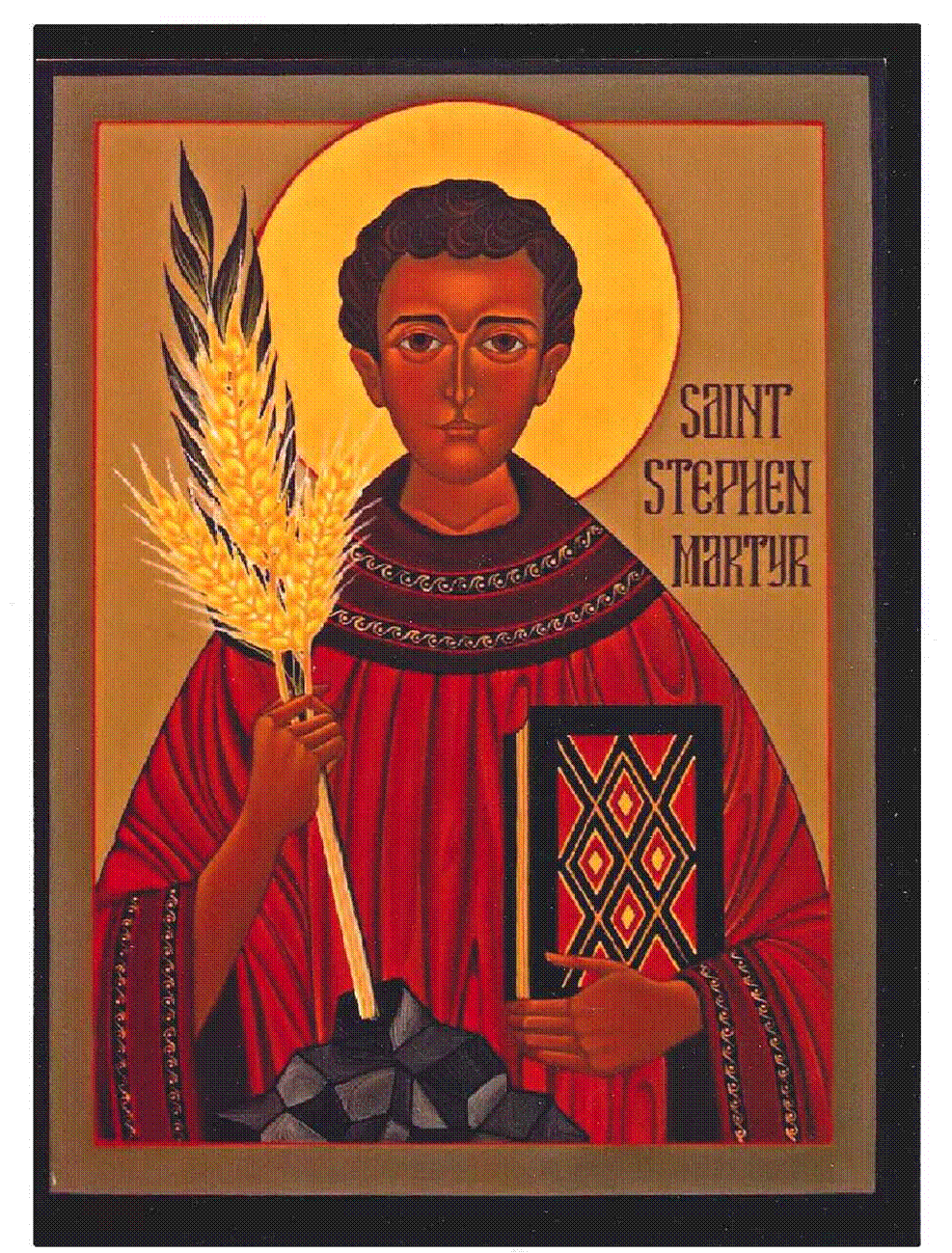The Church - the Law - and Sanctuary
- Aug 21, 2019
- 4 min read

The ELCA sure did hit a nerve when they voted to become a Sanctuary Church Body. The amendment that was proposed was vague, to say the least, it did not supply a ‘to do’ list or a packet of materials and resources. It did not help with budget questions. A beautiful pastoral letter was written to a church only to be rabidly torn apart and the pastor shamed publicly by another pastor for not being liberal enough.
Then there are the more ‘traditional’ pastors and churches that wish this never happened. They prefer the rule of law over the intention of the document and amendment. The rule of law? That is a curious statement - the Medieval Church in Europe offered sanctuary and it has continued for 1000 years - so is this not just affirming something that has already been in place?
Victor Hugo told this story in his book, The Hunchback of Notre Dame.
However, desperately reaching for a reason to avoid the harsh truths of reality, or to attempt to make the ELCA seem to be a rogue church, some are using the words of St. Paul.
“Let every person be subject to the governing authorities; for there is no authority except from God, and those authorities that exist have been instituted by God. Therefore whoever resists authority resists what God has appointed, and those who resist will incur judgment.”
A damning quotation known all too well. In the height of the debate on slavery, this passage was used to not just justify but to separate and destroy our nation causing the deaths of 600,000 soldiers and the continued abuse and murder of countless Africans on our soil. Is this what Paul thought?
This passage was used in the deportation and extermination of over 10 million people in Europe because they were Jewish, or gay, or Roma, or disabled. It was used by the churches - LUTHERAN churches in Germany - to turn a blind eye or even collaborate with the Nazis, evil incarnate that still walks the earth to this day. Is this what Paul imagined when he wrote this to the Romans?
Segregation in the United States and Apartheid in South Africa were defended by this passage as well. The brutal separation of the races and the continued system of racism is still infecting the world to this moment, and I ask again, is this what Paul imagined?
The Evangelical Lutheran Church in America does not think this is what Paul meant. Today we are applying this history and asking the question:
‘Can we use scripture to support the arrest, harassment, detention, and separation of families because they came to this country without the correct documents?’
Is this one obscure passage requesting the new followers of Christ to obey the laws of Rome...the laws that made being a Christian illegal and the laws that supported and encouraged the burning alive of those that followed Jesus Christ. Outside of the Romans 13 passage, there are not many others that can be used to justify our past actions or the current actions being taken. Especially if we look at our scripture in the context in which it was written. As a Christian and most especially as a Lutheran, we cannot take scripture out of its original context and force it to apply to whatever we wish - we do not proof text the scriptures.
This passage from Romans 13 is curious because we cannot believe that Paul would be encouraging the followers of Christ to burn one another or just quit their faith because it was illegal. The countless other passages of love to the neighbor and the foreign person in your land, the command to do good and stand with the oppressed are far too numerous to list in this short blog...but they stand in stark contrast to this one little passage in Romans.
For Paul, he seems to side with Christ again and again as he calls us to a higher moral standard. What to do when the standard of morals is higher than the current law is a question each must answer in our own time. Paul might have given us a clue to what his real concerns are when he wrote:
“So faith, hope, love remain, these three; but the greatest of these is love.” (1 Corinthians 13:13).
The great command from Jesus was to love one another...so the ELCA voted to be a Sanctuary Church body...vague so that each church can define how they will extend love and support to the poor, oppressed, and marginalized in this current American context of migration. The folks coming across our borders are fleeing such horrific conditions such as rape, beatings, murders...the ELCA chose to stand with those fleeing this violence...I too have to stand on the side of loving others as Christ commands.
Luther summed it up best when he was on trial for standing on the side of the Gospel against the abuses of the state and the Roman Catholic church. The papal authorities asked him to recant his words. He refused and replied:
“Here I stand, I can do no other, so help me God. Amen.”
Yours in Christ,
Pastor Jason































Comments